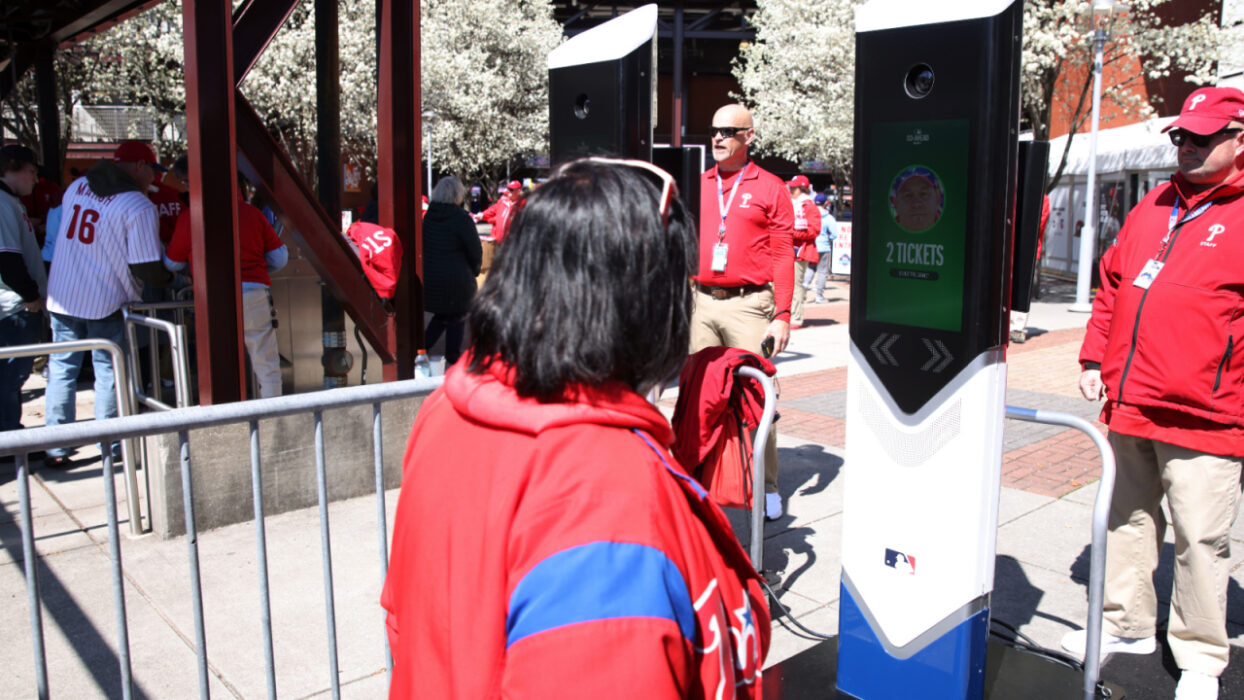
The Mexican Army Has Created a Dog Shelter Called ‘Los Perritos de Santa Lucia’ To House and ‘Rehabilitate’ Stray Dogs
via trtworld/Twitter
It’s no secret that Mexico has a stray dog problem. Experts estimate that Mexico has the largest population of stray dogs in Latin America, between 15 and 18 million. Luckily, one group of Mexican soldiers is helping fight the problem with Los Perritos de Santa Lucia.
In Zumpango de Ocampo, the Mexican army has set up a dog shelter called Los Perritos de Santa Lucia. The goal is to house and help rehabilitate stray dogs
“The shelter’s objective is to give the dogs a temporary home and to adapt them to live with humans and other dogs so they can be adopted by a family,” said Second Lieutenant and veterinarian Carla Medellin to Reuters.
Los Perritos de Santa Lucia is close to the current construction site of the upcoming international airport on the outskirts of Mexico city. The plan fell into place when the airport’s architects noticed an unusual amount of stray dogs wandering around the site. Instead of getting rid of the dogs, the Mexican army (who is in charge of the construction site) decided to take a more humane approach.
Los Perritos de Santa Lucia is in the building of a former kindergarten. The building was adapted with the help of recycled construction material from the airport’s site.
Los Perritos de Santa Lucia can house up to 50 dogs. The general goal of Los Perritos de Santa Lucia is to rehabilitate the dogs so that they can safely interact with humans.
“What we’re looking to do is provide them with a better life, a home, above all a lot of love and affection, a family that loves them,” said solider Diana Lucia Ramos to EFE. “The right word is recovery,” she continued. “We don’t know what their circumstances were. They start trusting you and that’s where we start working with them, socializing them.”
The Mexican army also has plans to train dogs to be service dogs or even medical alert dogs.
“Dogs can help us as medical alert dogs. They can detect cancer, hypertension, early diabetes or COVID-19,” said airport architect Pamela Diaz to Reuters. “Mainly at the airport, they will provide a way of carrying out fast tests.” Already, three of the 58 rescued pups have proved to be useful. Two have moved on to work at a government agency. The third became a service boy to a child with autism.
As of now, the biggest problem is how easy it is to get attached to the pups. “There have been times that we’re moved to tears because you grow so fond of them,” soldier Carlos Daniel Vega told EFE. But in the end, the heartbreak of parting is worth it.
“They leave very happy, with the hope that they’ll be better off, that they’ll have shelter, food. It’s nice because they transmit that,” he said.




